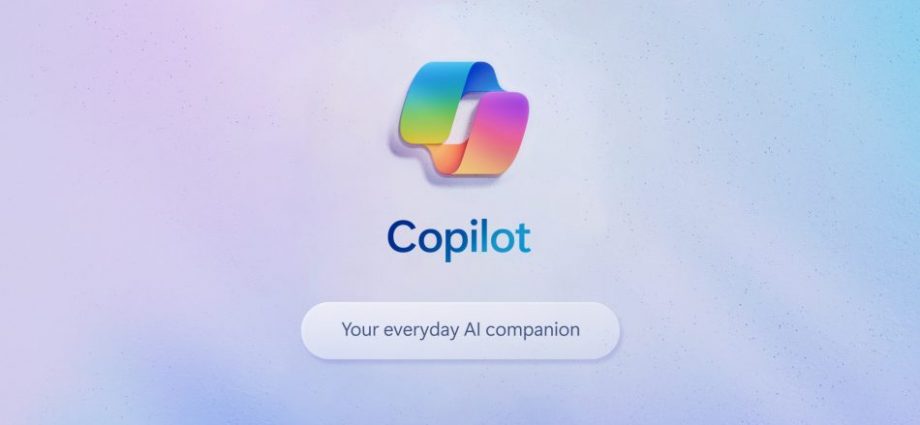Microsoft has once again underscored the central role of artificial intelligence (AI) in its business strategy through a series of announcements, positioning itself as a leader in enterprise AI.
The company has introduced a slew of new features and products today, all underpinned by AI, with the aim of enhancing security, productivity, and user experiences. Microsoft appears to be intensifying its efforts to harness AI to create more secure, intuitive, and efficient solutions for businesses and developers.
Arguably the most ambitious announcement of the day is the launch of Microsoft Copilot, an AI assistant tailored to handle mundane tasks and inspire creators. This assistant is seamlessly integrated into the Windows 11 operating system, a clear indication of Microsoft’s unwavering commitment to placing AI at the core of its strategy.
Copilot builds on Microsoft’s previous ventures into the AI assistant realm but with a unique focus on assisting creators and professionals in their daily tasks. By learning from user behavior, Copilot can automate routine tasks, propose more efficient workflows, and even stimulate creativity by providing contextually relevant suggestions.
From a business perspective, the introduction of Copilot in Windows 11 represents a strategic move by Microsoft to distinguish itself in the enterprise technology market. As organizations increasingly turn to digital transformation and AI to drive productivity and innovation, Microsoft’s AI-infused offerings have the potential to position it as the preferred provider.
By infusing enterprise software with AI, Microsoft aims to automate mundane work tasks.
The introduction of Copilot is just one facet of a broader wave of AI-infused updates released today, including Windows 365 Boot, AI-driven recommendations in File Explorer and the Start menu, and Instant Games in the Microsoft Store. Collectively, these updates underscore Microsoft’s commitment to enhancing user experiences through personalized, context-aware interactions powered by AI.
In addition to Copilot, Microsoft is introducing new features powered by its DALL-E generative AI system to the Paint app for generating images from text and enhancing photos. Its Clipchamp video editor is gaining an AI composition tool called AutoCompose, and its Snipping Tool for capturing screenshots now has new AI capabilities to redact sensitive text and translate text between languages.
Windows 365 Boot, which enables employees to log directly into their Windows 365 Cloud PC, streamlines the login process and enhances security. This aligns with Microsoft’s broader initiative to simplify the transition between local and cloud PCs, potentially transforming how organizations approach remote work and Bring-Your-Own-PC scenarios.
Furthermore, Microsoft is introducing AI-powered recommendations in File Explorer and the Start menu for business customers. These recommendations help users quickly locate the most relevant files based on their usage, reflecting Microsoft’s dedication to improving user experiences through personalized, context-aware interactions.
In the realm of gaming, Microsoft is testing the waters with Instant Games, allowing users to play casual games directly from the Microsoft Store on Windows without the need to download and install them on their devices. Although not explicitly stated, AI is expected to play a role in curating and suggesting games based on user preferences and habits.
These numerous product announcements represent a significant step for Microsoft in creating a more intuitive, personalized computing experience. By deeply integrating AI into its operating system, Microsoft is betting on AI’s potential to revolutionize how users interact with their devices.
While other tech giants like Google and Amazon are also heavily invested in AI, Microsoft’s focus on enterprise applications of AI sets it apart in the emerging AI Cloud Wars. Its AI strategy is clearly oriented toward developing tools and features that businesses can utilize to streamline operations, bolster security, and elevate user experiences.
In a world where AI continues to push boundaries, Microsoft is not merely keeping pace—it aims to lead the charge. The recent announcements, led by the introduction of Copilot, underscore Microsoft’s commitment to spearheading the AI revolution. As this transformation unfolds, all eyes will be on how Microsoft’s AI-centric strategy reshapes the enterprise technology landscape.

